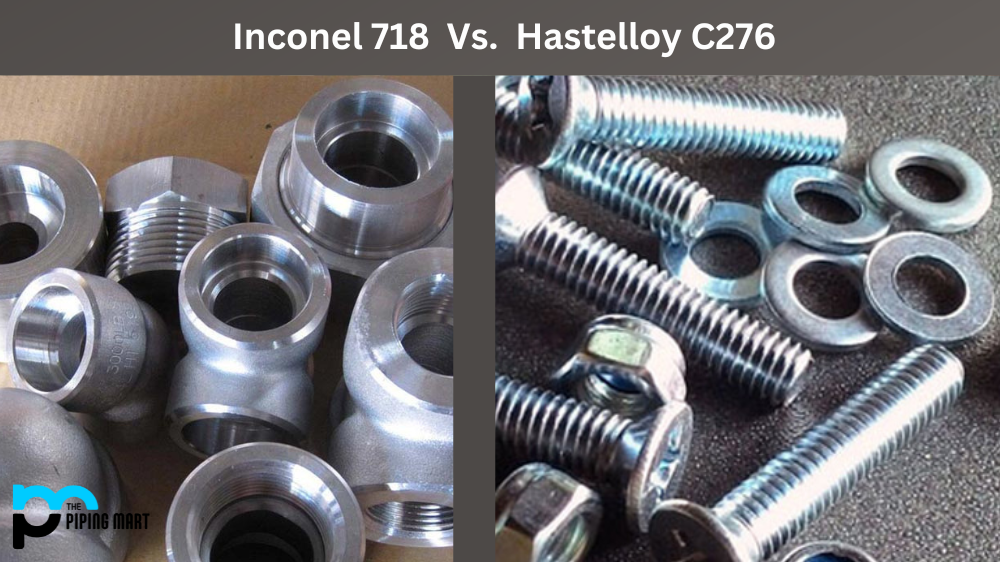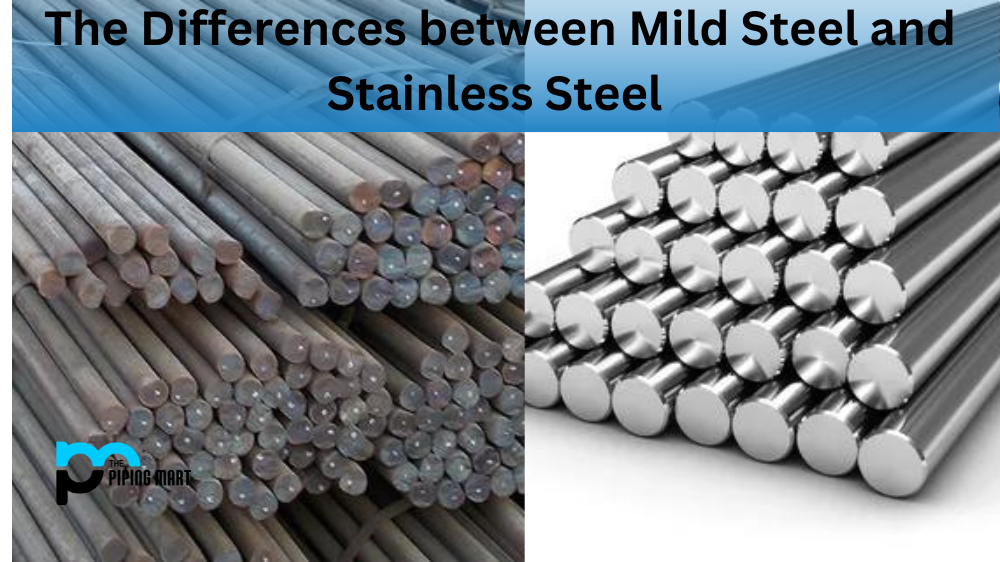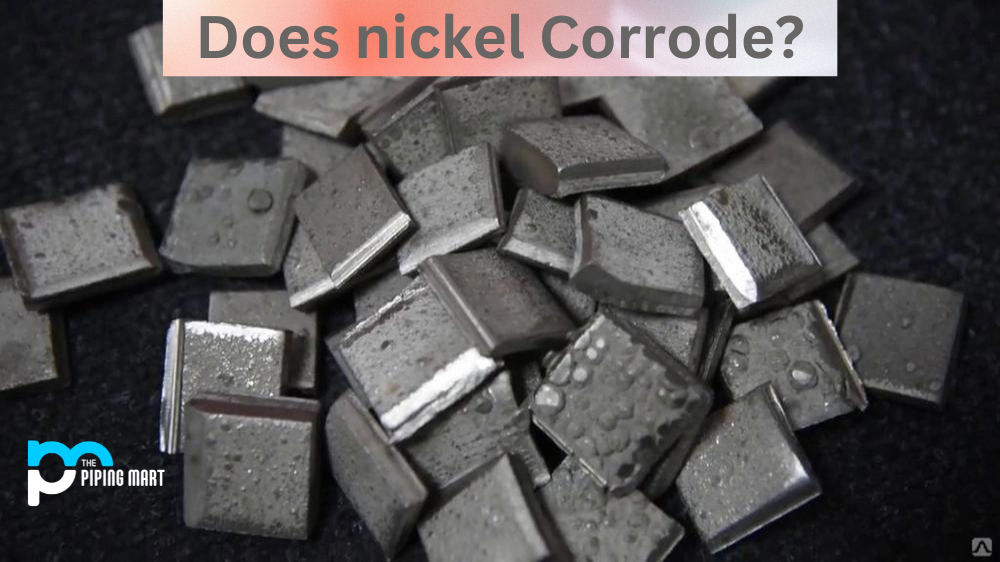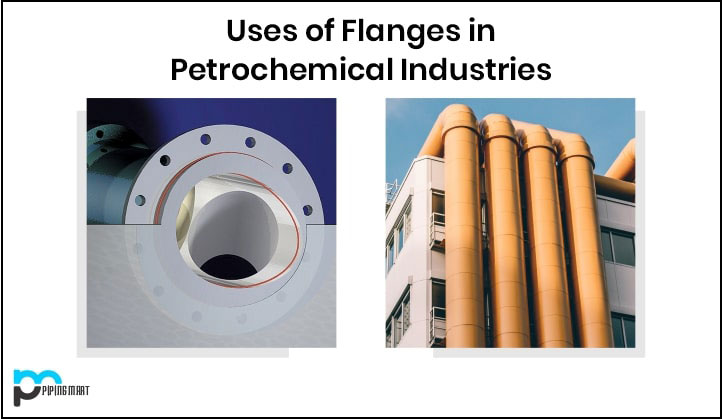Inconel 718 and Hastelloy C276 are two of the most popular nickel-chromium-based materials used in a number of industries, including aerospace engineering, automotive engineering, medical device manufacturing, and more. Both materials have distinct advantages over traditional steel alloys and offer superior strength and corrosion resistance. Let’s take a closer look at these two materials to understand their properties better.
What is Inconel 718?
Inconel 718 is a Nickel-Chromium alloy designed for high strength and heat resistance. It has excellent creep resistance up to 700°C (1300°F) and retains its mechanical properties after long exposures at elevated temperatures. In addition to its superior strength, Inconel 718 also offers excellent corrosion resistance, making it an ideal choice for use in corrosive environments or industries that require high temperatures.
What is Hastelloy C276?
Hastelloy C276 is a Nickel-Molybdenum-Chromium alloy designed for superior corrosion resistance in both acidic and alkaline environments. It has outstanding pitting resistance even in highly corrosive solutions such as hydrochloric acid or sulfuric acid mixtures. Its strength holds well under extreme conditions such as high temperatures and pressures, making it an ideal choice for applications where power is paramount.
Compared to other Nickel-Chromium alloys like Monel 400 or Alloy 20, both Inconel 718 and Hastelloy C276 offer increased corrosion resistance due to their higher chromium content. However, compared to each other, there are a few key differences between the two materials that make them suitable for different applications; Inconel 718 is far more resistant to heat than Hastelloy C276, while Hastelloy C276 offers much greater chemical corrosion protection than Inconel 718. As such, one should choose the material best suited for their application based on the abovementioned factors before proceeding with any project involving either material.
Difference Between Inconel 718 and Hastelloy C276
Composition
One of the primary differences between Inconel 718 and Hastelloy C276 is their composition. Inconel 718 contains chromium, iron, manganese, molybdenum, niobium, tantalum, titanium, tungsten, vanadium, and zirconium, while Hastelloy C276 contains chromium, cobalt, molybdenum, nickel, tungsten, and vanadium.
Properties
Another difference between Inconel 718 and Hastelloy C276 is their properties. Inconel 718 has excellent strength and corrosion resistance properties at high temperatures, while Hastelloy C276 has excellent resistance to both corrosion and heat at high temperatures.
Uses
Due to their different properties, Inconel 718 and Hastelloy C276 have other uses. Inconel 718 is typically used in aerospace applications due to its high strength and corrosion resistance properties. Hastelloy C276 is often used in chemical processing applications due to its excellent resistance to both corrosion and heat.
Cost
Inconel 718 is more expensive than Hastelloy C276 due to its higher nickel content. Compared to other Nickel-Chromium alloys like Monel 400 or Alloy 20, both Inconel 718 and Hastelloy C276 offer increased corrosion resistance due to their higher chromium content. However, compared to each other, there are a few key differences between the two materials that make them suitable for different applications; Inconel 718 is far more resistant to heat than Hastelloy C276, while Hastelloy C276 offers much greater chemical corrosion protection than Inconel 718. As such, one should choose the material best suited for their application based on the abovementioned factors before proceeding with any project involving either material.
Conclusion:
When choosing between Inconel 718 and Hastelloy C276 for your next project, it’s essential to consider the advantages each material offers so you can make an informed decision about which is best suited for your needs. For projects requiring high-temperature resistance or increased strength without sacrificing weight or cost savings, Inconel 718 may be the right choice for you; however, if you need superior chemical corrosion protection, Hastelloy C276 should be your go-to material of choice! For engineers, metalworkers, and other industry professionals looking for reliable performance at an affordable price point – either Inconel 718 or Hastelloy C276 can deliver fantastic results!
Meet Heer, a dynamic and driven writer learning tricks of her trade in the metal industry. With a background in Digital Marketing, Heer brings a unique perspective to her writing, sharing valuable insights. Apart from blogging she like reading and hiking.




